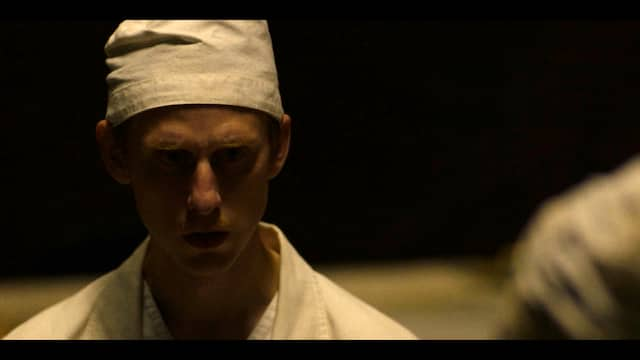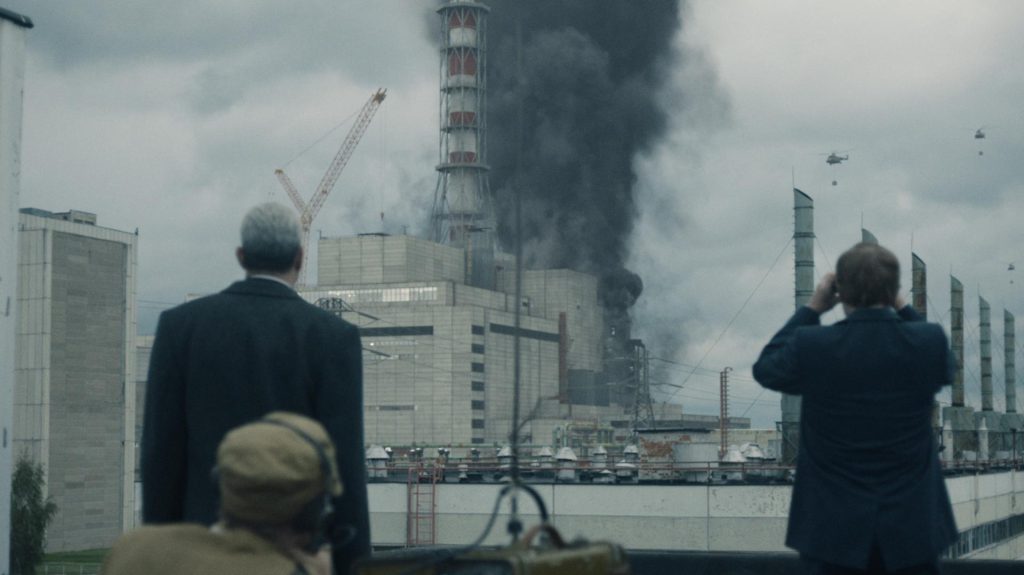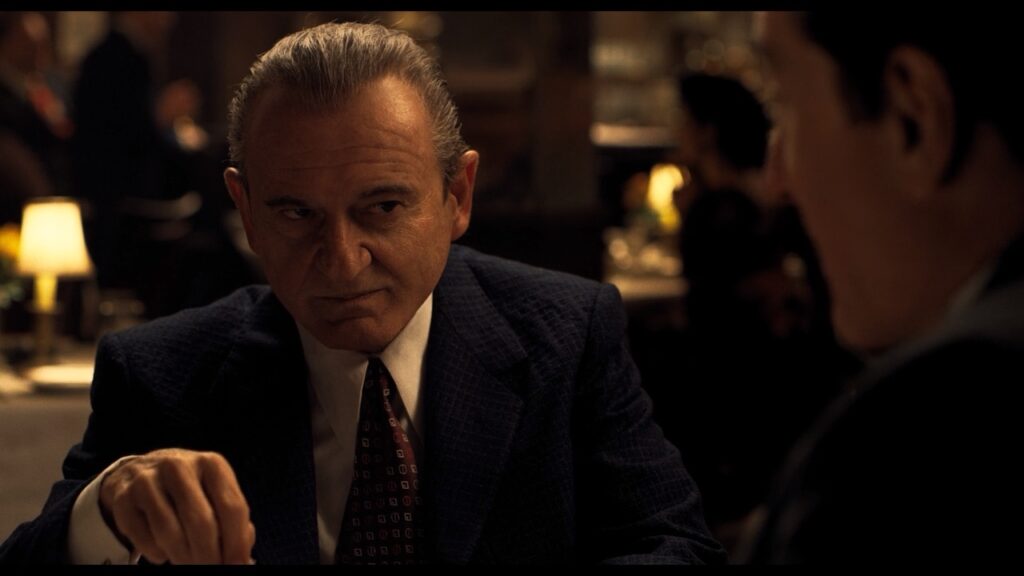“Watchmen” Episode 2: Unraveling the Threads of History and Identity – TV Miniseries Review

Episode: Martial Feats of Comanche Horsemanship
Season: 1
Show: Watchmen
“Martial Feats of Comanche Horsemanship,” the second episode of HBO’s “Watchmen” series, dives deeper into the show’s complex narrative, exploring themes of legacy, identity, and the haunting specter of history. Directed by Nicole Kassell and penned by series creator Damon Lindelof alongside Nick Cuse, this episode builds on the groundwork laid in the pilot, expanding the universe’s mythology while grounding its fantastical elements in emotionally resonant storytelling.
A Deep Dive into Legacy and History
This episode continues to explore the repercussions of the Tulsa Race Massacre, a pivotal event that shapes the series’ world and its characters. The opening scene, a direct continuation from the pilot, delves into the ancestry of protagonist Angela Abar (Regina King), linking her lineage to the survivors of Tulsa. This connection not only serves as a powerful narrative device but also highlights the series’ commitment to addressing America’s racial history, a theme often glossed over in mainstream superhero narratives.
Behind the Mask: Production and Storytelling Brilliance
The production of “Martial Feats of Comanche Horsemanship” showcases the series’ commitment to visual storytelling and thematic depth. The episode’s title itself, a reference to George Catlin’s painting, hints at the intricate layers of identity and performance that the characters navigate. The use of historical paintings and imagery throughout the episode enriches the narrative, offering viewers a visual language through which to understand the characters’ internal and external conflicts.
Nicole Kassell’s direction is particularly noteworthy for its ability to balance the series’ grandiose themes with intimate character moments. The episode’s cinematography, characterized by its stark contrasts and meticulous framing, complements the narrative’s exploration of light and darkness, both literal and metaphorical.
Character Development and Performances
“Martial Feats of Comanche Horsemanship” excels in its nuanced development of characters, both new and familiar. Angela Abar’s investigation into her grandfather’s mysterious past and her confrontation with the enigmatic Will Reeves (Louis Gossett Jr.) serve as the episode’s emotional core. Regina King delivers a compelling performance, embodying Angela’s resilience, anger, and vulnerability.
The episode also introduces viewers to the complexities of Adrian Veidt (Jeremy Irons), whose storyline remains one of the series’ most intriguing mysteries. Irons’ portrayal of Veidt oscillates between eccentricity and menace, hinting at deeper layers yet to be uncovered.
Thematic Explorations and Social Commentary
One of the episode’s strengths lies in its willingness to engage with weighty themes such as systemic racism, the legacy of trauma, and the nature of heroism. By weaving these themes into the fabric of its narrative, “Watchmen” challenges viewers to reflect on the real-world implications of its fictional universe.
The series’ depiction of the Seventh Kavalry and its appropriation of Rorschach’s iconography serves as a pointed commentary on the distortion of ideologies and the dangers of extremist movements. This narrative thread, while specific to the “Watchmen” universe, resonates with contemporary discussions about identity politics and the rise of white supremacy.
Musical Score and Sound Design
The episode’s score, composed by Trent Reznor and Atticus Ross, further elevates the storytelling, blending electronic and orchestral elements to create an atmospheric soundscape that complements the on-screen action and drama. The music underscores the episode’s mood shifts, from the tension of Angela’s investigations to the surrealism of Veidt’s storyline.
Reflecting on the Episode
“Martial Feats of Comanche Horsemanship” stands as a testament to “Watchmen’s” ambitious storytelling and its ability to engage with complex themes through the lens of a superhero narrative. The episode deftly balances action, mystery, and social commentary, setting the stage for a series that is as thought-provoking as it is visually stunning. Through its exploration of history, identity, and morality, “Watchmen” not only honors the legacy of its source material but also carves out its own space in the pantheon of television’s most compelling dramas.




